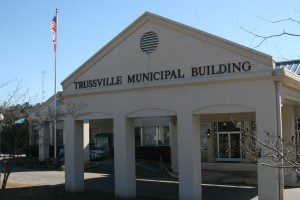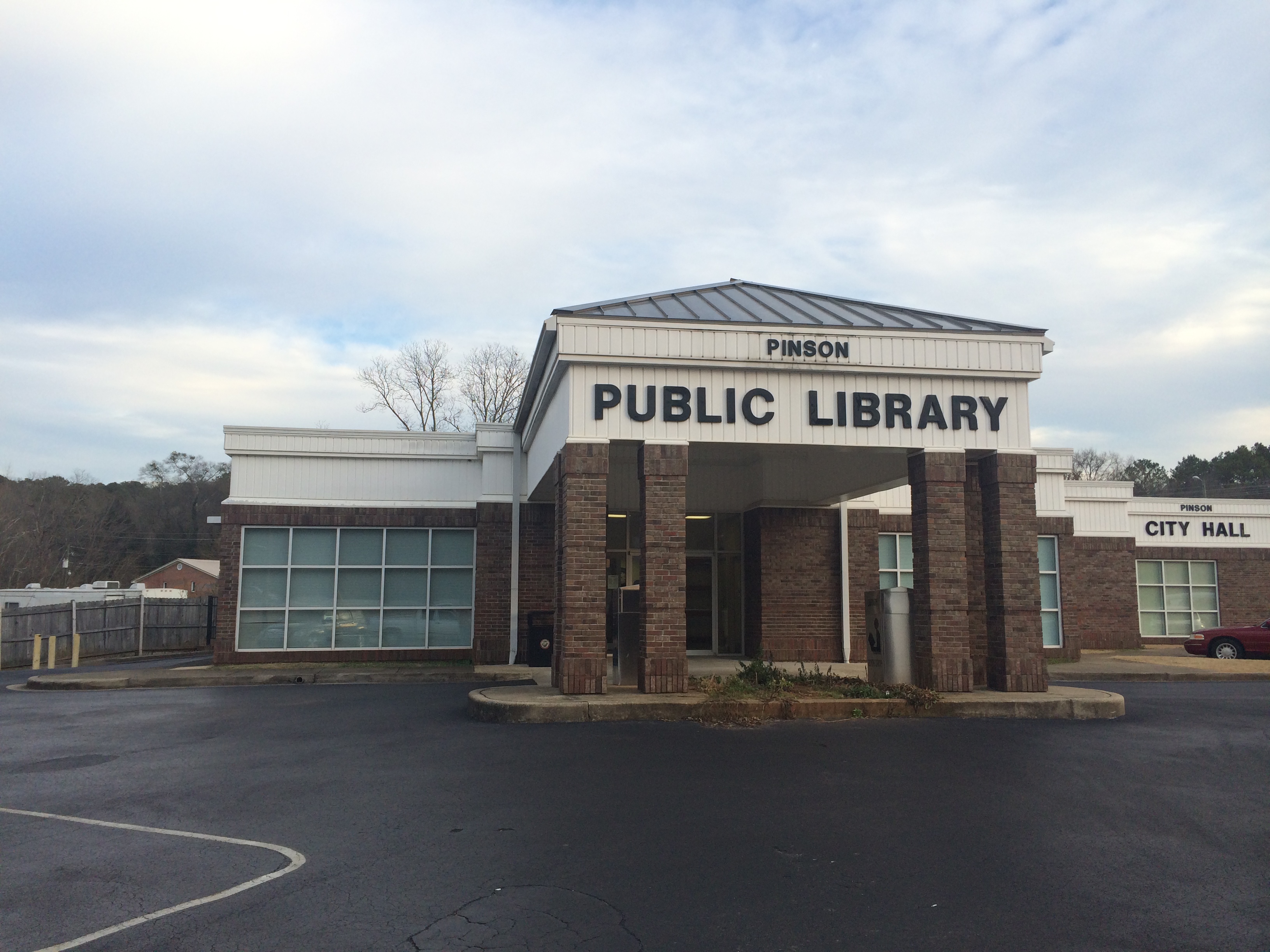By Gary Lloyd
TRUSSVILLE — The Trussville City Council could soon meet with state legislators to discuss bills in the Alabama House of Representatives and Alabama State Senate that could affect the city.
No date or timetable was discussed about a potential meeting, but should one happen, the public will be given notice. The meeting would likely be with Rep. Danny Garrett, Sen. Shay Shelnutt and Sen. Slade Blackwell.
Trussville City Clerk Lynn Porter brought five House bills to the city council’s attention last week. These are only bills at this point, not enacted law.
House Bill 10, sponsored by Rep. Bill Poole, would provide that court costs and docket fees assessed by any authority other than the Constitution of Alabama of 1901, as amended, shall revert to the state of Alabama general fund. It also states that a judge may not waive, set aside or otherwise fail to collect these costs and fees. Porter said this bill would be “detrimental” to Trussville because its local court costs are set by local ordinance, and the impact would be between $240,000 and $250,000 annually in local court costs. It would be another $35,000 to $40,000 in indigent defense fees.
Trussville collects court costs for 18 to 20 state agencies on every traffic and misdemeanor conviction in Trussville Municipal Court, and remits monthly. Trussville is currently allowed to withhold the amount expended in its court for indigent defense from the Fair Trial Tax and to remit the balance to the state.
House Bill 6, sponsored by Rep. Lynn Greer, would clarify how mayoral vacancies — Porter used the example of a mayor dying while in office — would be filled in Class 7 and 8 cities with populations greater than 12,000. The current laws prescribe a method of filling a vacancy in the office of mayor in Class 7 and 8 cities and a different method for filling this vacancy in cities with populations greater than 12,000. Porter said it’s been a subject of debate as to how these vacancies are handled in Class 7 and 8 cities having more than 12,000 population.
In Class 7 and 8 municipalities, the city council chooses who will be mayor from their membership or from any qualified elector in the city. In municipalities with more than 12,000 people, the council president automatically becomes the mayor. This bill would establish that the council president would automatically become mayor in Class 7 or 8 municipalities in this situation.
House Bill 41 would allow disabled and elderly voters age 70 and up to move to the front of the voting line upon request. Many poll officials already do this as a courtesy, but there’s nothing in the law that currently permits it.
House Bill 119, sponsored by Rep. Steve McMillan, would extend the immunity from personal liability granted to state and school employees to county and municipal employees. This immunity, Porter said, only applies when an employee is performing job duties in compliance with work practices and with the law. There wouldn’t be immunity from personal liability for any criminal acts committed while on the job.
House Bill 69, sponsored by Rep. Jack Williams, would fix inconsistencies in the municipal election law. Some of these, Porter said, include conflicting statutes about when absentee voting begins – one says 21 days prior to an election and the other says 35 days prior. This bill would set it at 35 days.
Contact Gary Lloyd at news@trussvilletribune.com and follow him on Twitter @GaryALloyd.








